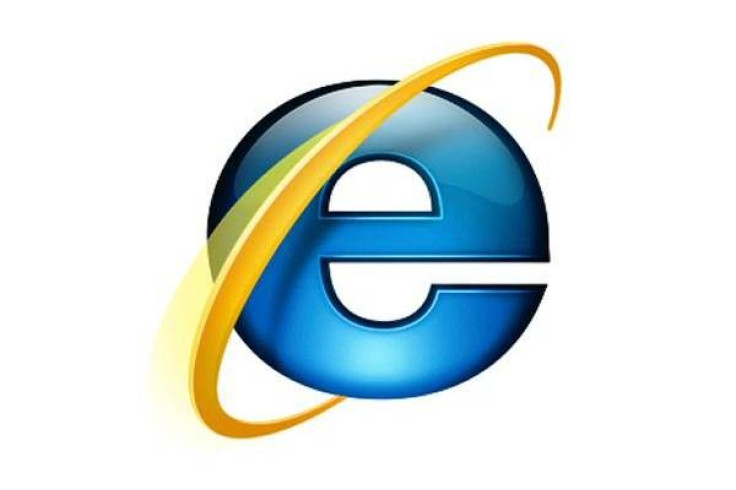IE8 Set to be Killed: Microsoft Announces 'End of Support' for Older Internet Explorer Versions

Microsoft has officially announced that it will stop supporting older versions of its Internet Explorer (IE web browser) starting 12 January 2016.
The company's latest announcement stresses on the fact that IE users should use only the 'latest' available web browser available at that point in time, to go online. The announcement also signifies that the company will neither support older/outdated IE versions, nor issue fixes plaguing these browsers.
" Running a modern browser is more important than ever for the fastest, most secure experience on the latest Web sites and services, connecting anytime, anywhere, on any device," states Microsoft, in an official blog post.
Microsoft's intention to end support for legacy IE versions, also hints that the company is looking at attracting a large chunk of its users especially those still on Windows XP), to use latest web browsers (IE11) from its latest operating systems (Windows 8 and above).
Customers still preferring to go online via comparatively older IE versions should keep in mind that the following versions of IE will not be supported by Microsoft, starting 12 January, 2016:
- IE 9; running on Windows Vista SP2
- IE9; running on Windows Server 2008 SP2
- IE10; running on Windows Server 2012
- IE11; running on Windows 7 SP1
- IE 11; running on Windows 8.1
- IE11; running on Windows Server2012 R2
"After January 12, 2016, only the most recent version of Internet Explorer available for a supported operating system will receive technical support and security updates. For example, customers using Internet Explorer 8, Internet Explorer 9, or Internet Explorer 10 on Windows 7 SP1 should migrate to Internet Explorer 11 to continue receiving security updates and technical support," states Microsoft.
Earlier this month, Microsoft had released various enhancements for its IE11 web browser, within its Windows Phone 8.1 Update 1 OS upgrade.
© Copyright IBTimes 2024. All rights reserved.





